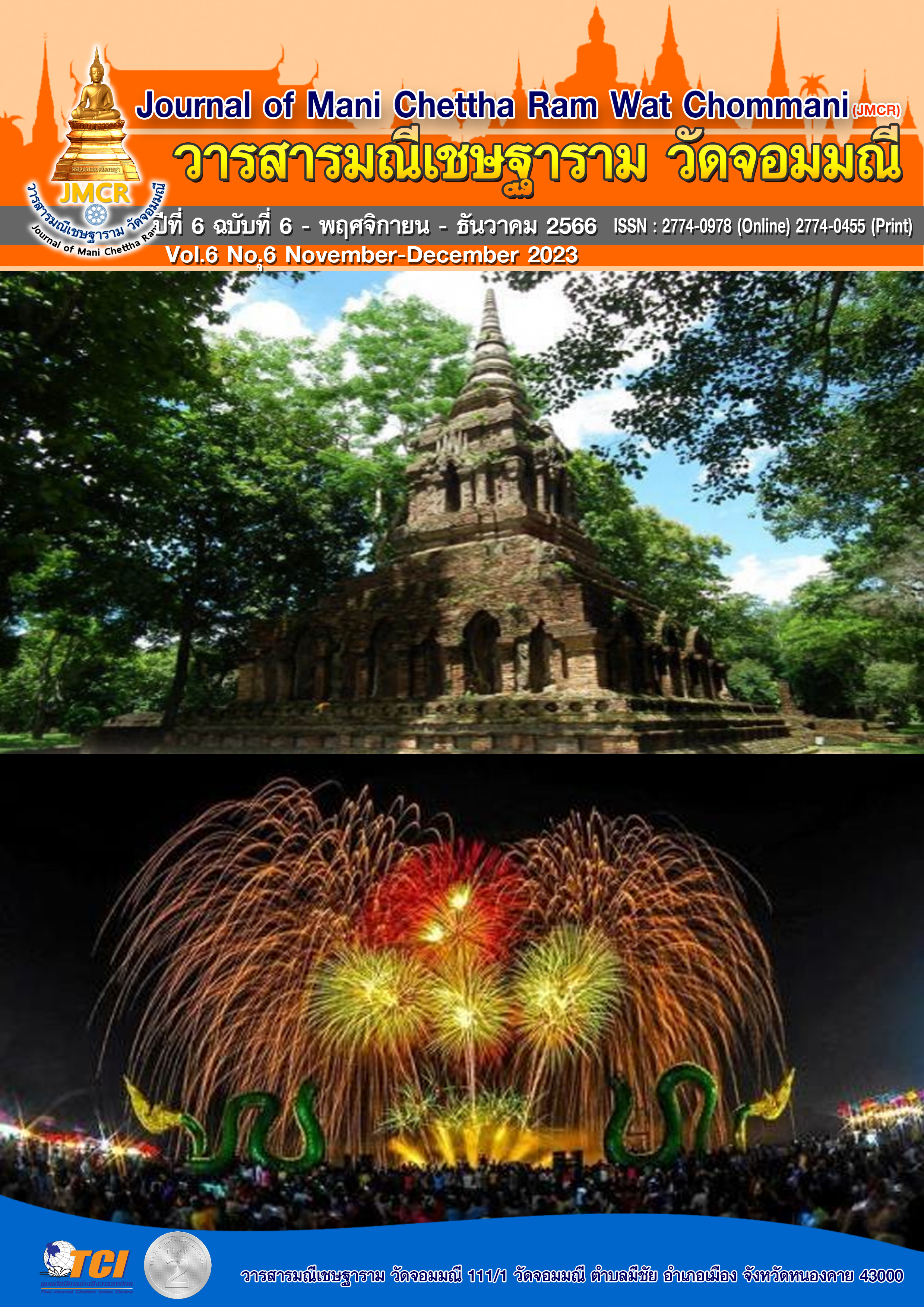HUMAN RESOURCE DEVELOPMENT FOR COMPETITIVENESS IN THE DIGITAL ECONOMY
Keywords:
Human resource development, Potential, Digital age organizationsAbstract
The digital economy has brought about significant changes in the way organizations operate. Organizations must adapt to these changes by developing essential skills for their employees to compete effectively in the digital age. Human resource development is crucial to unlocking the highest potential for digital economic organizations. It is necessary to emphasize the development of two main types of skills: digital skills, essential for the efficient use of digital technology, and creativity and innovation skills, necessary for thinking outside the box and creating new things. Additionally, soft skills, particularly teamwork and communication skills, remain crucial in the digital age.
Organizations should focus on developing these necessary skills in their employees through various methods such as training, education, and self-development. Furthermore, organizations should cultivate a culture of learning and innovation within the organization, ensuring that employees consistently maintain a positive attitude towards learning and self-development. By prioritizing human resource development, organizations can attract and retain talented personnel, ultimately enhancing their ability to compete more efficiently in the digital economy.
References
โชติชวัล ฟูกิจกาญจน์. (2556). กระบวนการพัฒนาทรัพยากรมนุษย์เชิงกลยุทธ์. วารสารมนุษยศาสตร์และสังคมศาสตร์, 4(1).
พิมพ์ชนก ไชยรัตน์. (2562). การพัฒนาทรัพยากรมนุษย์เพื่อสนับสนุนให้เกิดองค์กรแห่งนวัตกรรม. ใน สารนิพนธ์นี้เป็นส่วนหนึ่งของการศึกษาตามหลักสูตร ปริญญาการจัดการมหาบัณฑิต. วิทยาลัยการจัดการมหาวิทยาลัยมหิดล
มณีรัตน์ ชัยยะ และ เพ็ญศรี ฉิรัณยงค์. (2566). การบริหารทรัพยากรมนุษย์ภายใต้การเปลี่ยนแปลงสู่ยุคดิจิทัล (Digital HR). วารสารนวัตกรรมการบริหารและการจัดการ, 11(1), 104-115.
รองศาสตราจารย์นาวาอากาศโท ดร.สุมิตร สวรรณ. (2561). กลยุทธ์การพัฒนาทรัพยากรมนุษย์และองค์การ. หนังสือ/ตําราภายใต้โครงการเพิ่มศาสตราจารยแบบก้าวกระโดด มหาวิทยาลัยเกษตรศาสตร์
วรพจน์ ปิยะพรศิริ. (2563). การพัฒนาทรัพยากรมนุษย์ในยุคเศรษฐกิจดิจิทัล. กรุงเทพมหานคร: สำนักพิมพ์แห่งจุฬาลงกรณ์มหาวิทยาลัย.
สำนักงานพัฒนาเศรษฐกิจดิจิทัล (depa). (2564). แผนพัฒนาดิจิทัลเพื่อเศรษฐกิจและสังคม (Digital Economy and Society Development Plan) ฉบับที่ 2 (2022-2026). กรุงเทพมหานคร: สำนักงานพัฒนาเศรษฐกิจดิจิทัล.
อภิวัฒน์ วัฒนพงศ์. (2563). เศรษฐกิจดิจิทัล: โอกาสและความท้าทาย. กรุงเทพฯ: สำนักพิมพ์แห่งจุฬาลงกรณ์มหาวิทยาลัย.
อรรถยุทธ คงคาวงค์. (2563). องค์กรยุคดิจิทัล: กลยุทธ์และแนวทางสู่ความสำเร็จ. กรุงเทพมหานคร: สำนักพิมพ์แห่งจุฬาลงกรณ์มหาวิทยาลัย.
เอกสิทธิ์ สนามทอง. (2019). การพัฒนาทรัพยากรมนุษย์ : แนวทางพัฒนาสู่ความสำเร็จขององค์การ. Kasem Bundit Journal, 20(1).
Hrex.Asia. (2023, กรกฎาคม 31). การพัฒนาทรัพยากรมนุษย์ (Human Resource Development: HRD) HREX.asia. https://th.hrnote.asia/orgdevelopment/190423-human-resource-development/
Nadler, L. (1980). Corporate human resources development: A management tool. (No Title). Samoilovych, A., Popelo, O., Kychko, I., Samoilovych, O., & Olyfirenko, I. (2022). Management of Human Capital Development in The Era of the Digital Economy. J. Intell. Manag. Decis, 1(1), 56-66.
Tantrajin, P. (2020). รูปแบบการพัฒนาทักษะการโค้ชเพื่อผู้บริหารระดับกลางในธุรกิจตัวแทนขายรถยนต์. Suthiparithat, 34(110), 216-226.
Tiger, & Tiger. (2020b, กรกฎาคม 28). การพัฒนาทรัพยากรมนุษย์ (Human Resource Development). Thai Winner. https://thaiwinner.com/what-is-hrd/
Ulieru, M., & Verdon, J. (2009, June). Organizational transformation in the digital economy. In 2009 7th IEEE International Conference on Industrial Informatics (pp. 17-24). IEEE.




